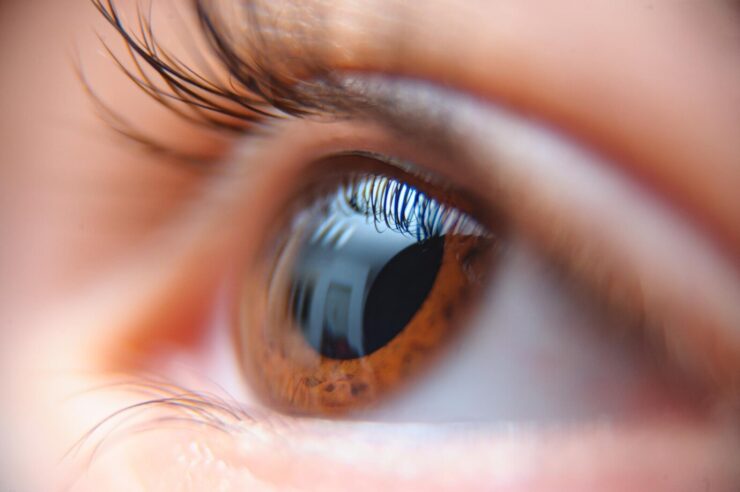Your vision is one of your most precious gifts, allowing you to see the world in all its beauty and wonder. But what happens when that gift starts to dim? Cataracts are a common eye condition that affects millions of people worldwide, causing clouding of the lens and leading to blurry or distorted vision.
Thankfully, modern medicine has provided us with a solution: cataract surgery. This procedure involves removing the cloudy lens and replacing it with an artificial one, ultimately restoring clear vision for patients. However, as with any medical intervention, there are both benefits and risks involved in this surgery.
Gibran Khurshid MD will comprehensively explore cataract surgery, highlighting its advantages and disadvantages. This valuable insight will empower you to make informed decisions regarding your eye health in the future.
The Benefits Of Cataract Surgery

According to Dr. Gibran Khurshid, cataracts are a prevalent eye condition that can significantly impact vision, causing challenges in driving, reading, and facial recognition. Luckily, cataract surgery is a highly effective treatment that improves visual acuity, color perception, and quality of life.
The procedure involves removing and replacing the cloudy lens with an artificial lens, typically done in under 30 minutes with local anesthesia. Beyond improved sight, cataract surgery has also been linked to reduced falls and depression in older adults. With a success rate of over 98%, cataract surgery is a great option for those seeking visual independence.
Different Types Of Cataract Surgery
For individuals dealing with cataracts, surgery is often the best course of action. Various types of cataract surgery are available, each with its advantages and disadvantages. Some options, such as phacoemulsification, utilize a small incision and ultrasonic waves to break up the cataract before removal.
On the other hand, extracapsular surgery requires a larger incision to remove the lens as a whole rather than breaking it up. There are also options for intraocular lenses implanted during surgery, such as multifocal lenses, which can provide clear vision at varying distances. While each type of cataract surgery has benefits, it’s important to discuss with your eye doctor which option is best for your needs and lifestyle.
Preparing For Cataract Surgery
For many people, cataract surgery can be life-changing. It can improve your vision and reduce your risk of falling, all while decreasing your dependence on corrective lenses. But like any surgery, it requires careful preparation. Before going under the knife, you must attend a pre-operative examination, which may include testing your vision, measuring your eye pressure, and determining the appropriate intraocular lens implant.
You will also need to follow specific instructions before the day of the surgery, such as avoiding certain medications and fasting for a prescribed period. While it may seem overwhelming, taking proactive steps to prepare for cataract surgery can increase your chances of a successful outcome and a brighter future.
What To Expect During The Surgical Procedure

When facing surgery, feeling anxious about what to expect is natural. While each procedure is unique, there are general components that tend to be consistent. Before going to the operating room, the medical team will prep you, which may involve shaving the surgical site and administering anesthesia.
Throughout the surgery, the anesthesiologist and other team members will carefully monitor you for comfort and safety. Afterward, you’ll be moved to a recovery room for further care. Though surgery can be intimidating, understanding the basics can help put your mind at ease.
Final Thoughts
Cataract surgery can be a life-altering experience, with benefits extending beyond vision improvement to encompass overall well-being and quality of life. Despite potential risks, its high success rate and advancements in surgical techniques make it a viable option for those struggling with cataracts.
The decision to undergo cataract surgery should be made in consultation with your eye healthcare professional, considering your needs and lifestyle. Remember, knowledge is power; staying informed and understanding all aspects of the procedure, from preparation to recovery, can help alleviate anxiety and pave the way toward a clearer future.




























